Meditation can be considered a hobby if practiced regularly for enjoyment and relaxation, though it is also a widely recognized mental health exercise.
Meditation, in its essence, can certainly be considered a hobby. It’s an activity pursued regularly in your leisure time for pleasure. But it’s also so much more than that. It’s a practice that cultivates mindfulness, enhances concentration, and brings about a sense of peace and tranquility.
It’s a hobby that doesn’t require special equipment or a specific location, making it accessible for everyone. In the following sections, we’ll delve into the intricacies of meditation as a hobby, exploring its benefits, techniques, and how to incorporate it into your daily routine. This comprehensive guide is designed to provide you with all the information you need on the subject.
Key takeaways:
- Meditation can be considered a hobby for relaxation and enjoyment.
- Meditation enhances mindfulness, concentration, and tranquility.
- Meditation is accessible and doesn’t require special equipment.
- Meditation fosters personal development and relaxation.
- Meditation builds a sense of community and personal interest.
Definition of Meditation
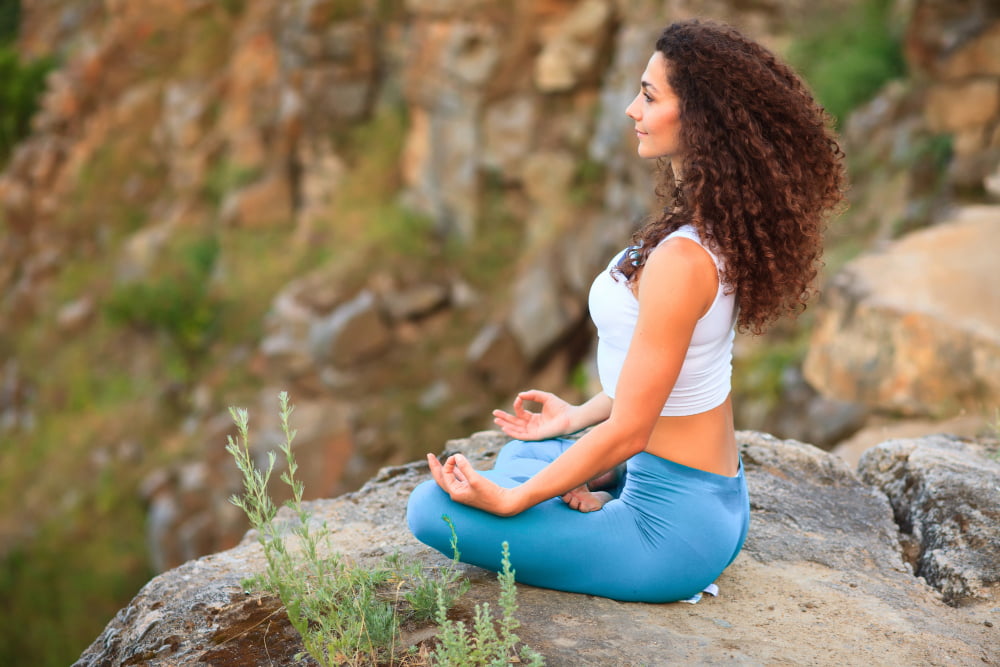
Meditation, in its simplest form, refers to a set of techniques designed to promote relaxation, build internal energy, and develop compassion, love, patience, generosity, and forgiveness. Predominantly, it entails a type of mind-body complementary medicine which produces a deep state of relaxation and a tranquil mind.
Here’s a bit more flesh to the concept:
1. It is achieved by focusing your attention and ridding your mind of the jumbled thoughts that may be crowding it and causing stress. This process results in enhanced physical and emotional well-being.
2. Meditation practices vary, with techniques such as mindfulness being the most common, where you focus on being intensely aware of what you’re sensing and feeling in the moment, delaying interpretation and judgement.
3. It can be performed sitting still or during mindful movements (like yoga) and could involve focus on a word (mantra), visualisation of a peaceful place, specific body sensations, controlled breathing or indeed a combination of all.
Understanding Meditation As a Hobby
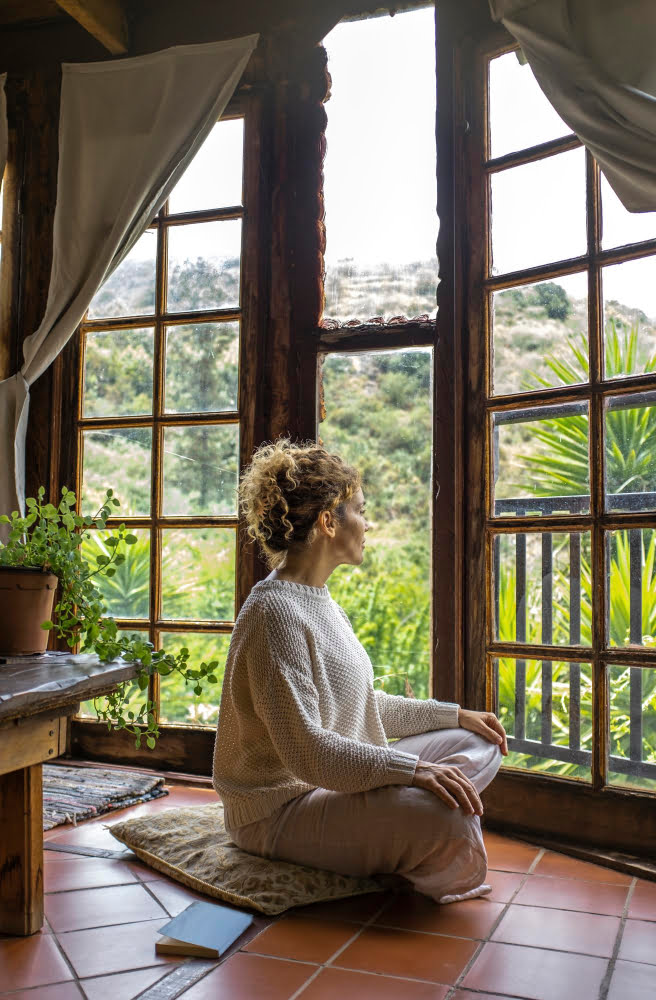
While many engage in activities like painting, gardening or running as hobbies, meditation is a unique pursuit focused on internal growth and tranquility. It is not simply a passive activity, but a dynamic exploration of the self.
1. Habitual Activity: Like traditional hobbies, meditation can be a habitual activity. Incorporating a few minutes of meditation into your daily routine can yield numerous benefits.
2. Personal Development: Meditation enables self-discovery and self-improvement, much like learning a new instrument or language does.
3. Relaxation: Similar to activities like reading or painting, meditating also offers relaxation. It allows the practitioner to unwind and calm their mind.
4. Skill Development: The art of meditating takes time to master, just like learning to knit or mastering a new recipe.
5. Connection and Community: Just as hobbyist groups form for activities like bird-watching or hiking, practitioners of meditation also have communities, both in-person and online, fostering interpersonal connections.
6. Personal Interest: Equally as important is that meditation, like any hobby, depends on personal interest. Actually enjoying the meditative process is vital to maintaining the practice.
Remember, the core of any hobby is pleasure and self-engagement, and these elements are plentiful in meditation.
The Benefits of Meditation As a Hobby

Embarking on the journey of meditation brims with rewarding benefits. Not only does it foster inner peace, it cultivates an overall improvement in emotional, mental, and physical health.
Improve Focus: With practice, meditation can help enhance your ability to concentrate and ignore distractions.
Relieves Stress: Regular meditation has been shown to significantly reduce stress levels, creating a calmer mindset throughout daily life.
Boosts Emotional Well-being: It clears the mind, introducing positivity and happiness. Studies have shown that engaging in daily meditation reduces symptoms of depression and anxiety.
Enhances Self-awareness: Meditation encourages a deepened self-awareness and reflection, which facilitates personal growth and understanding.
Supports Physical Health: Regular practice of meditation has been associated with enhanced cardiovascular health and lower blood pressure, transforming it into a vital component of overall well-being.
These rewards build and enrich facets of life, increasing your ability to cope with challenges with balance and resilience. Further, the beauty lies in its flexibility, as it can be practiced anywhere, at any time – perfect for the busy, modern-day individual.
Comparing Meditation to Other Common Hobbies
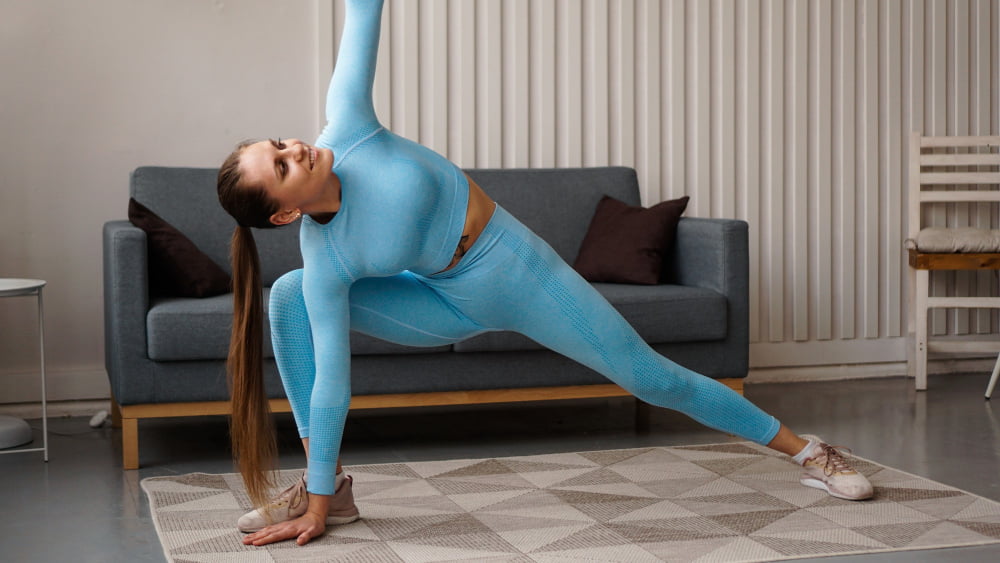
In a world filled with countless pastimes, meditating holds a unique position. Unlike hobbies such as gardening, knitting, or hiking which focus on tangible results and physical engagement, meditation centers on cultivating inner transformation.
Indeed, both types of activities can provide a sense of accomplishment, but meditation uniquely fosters inner peace. While playing a musical instrument might enhance memory and coordination, meditation helps increase focus and boost emotional health.
Also, meditating does not require expensive equipment or specific conditions. Unlike photography or golf, which demand significant financial investment and ideal weather conditions respectively, meditation simply requires quiet space and willingness.
Lastly, the rewards of meditation extend beyond the duration of practice – improved stress reaction, enhanced self-awareness, and better sleep are just a few benefits that remain at your disposal across the day, unlike the temporary thrill of scoring a goal in a soccer match. Despite differing in nature from common hobbies, meditation’s ability to nurture mental wellness makes it a valuable hobby to adopt.
Building a Practice of Consistent Meditation
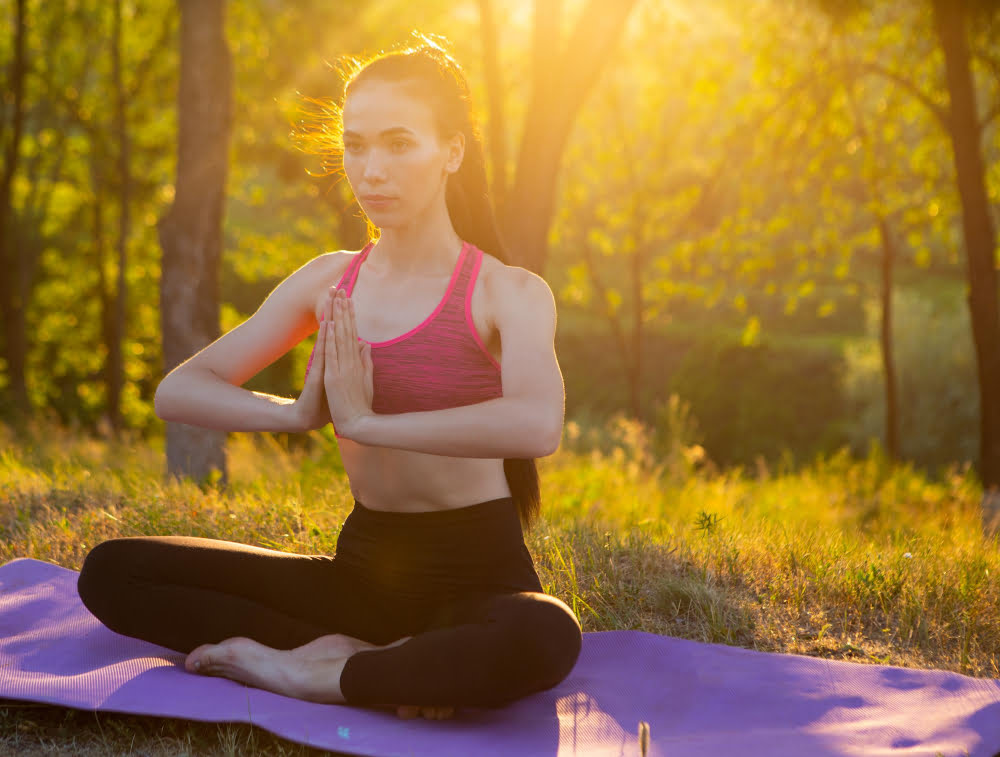
Creating a consistent meditation routine is akin to establishing any other healthy habit. Consider these simple yet effective tips to help you stay consistent:
1. Set a Specific Time: Determine a time that works best for you. It could be in the morning to set the tone for the day, during your lunch break, or in the evening to unwind before sleep.
2. Start Small: Begin with just a few minutes of meditation each day. Gradually increase the duration as your comfort with the practice grows.
3. Find Your Space: Designate a calming and serene space for your meditation sessions. This can serve as a physical reminder and motivator for your practice.
4. Use Guided Meditations: Numerous resources, including apps and online videos, offer directed meditation experiences that can be particularly helpful for beginners.
5. Practice Mindfulness throughout the Day: Infuse moments of mindfulness into your daily routine, such as during meals or while commuting.
6. Show Compassion to Yourself: If you miss a day or become distracted during a session, be kind to yourself. Remember that the path to a consistent meditation routine is a journey, not a race.
Remember, consistency in meditation contributes to its benefits being more profound and long-lasting.
Necessary Tools and Resources for Beginners in Meditation
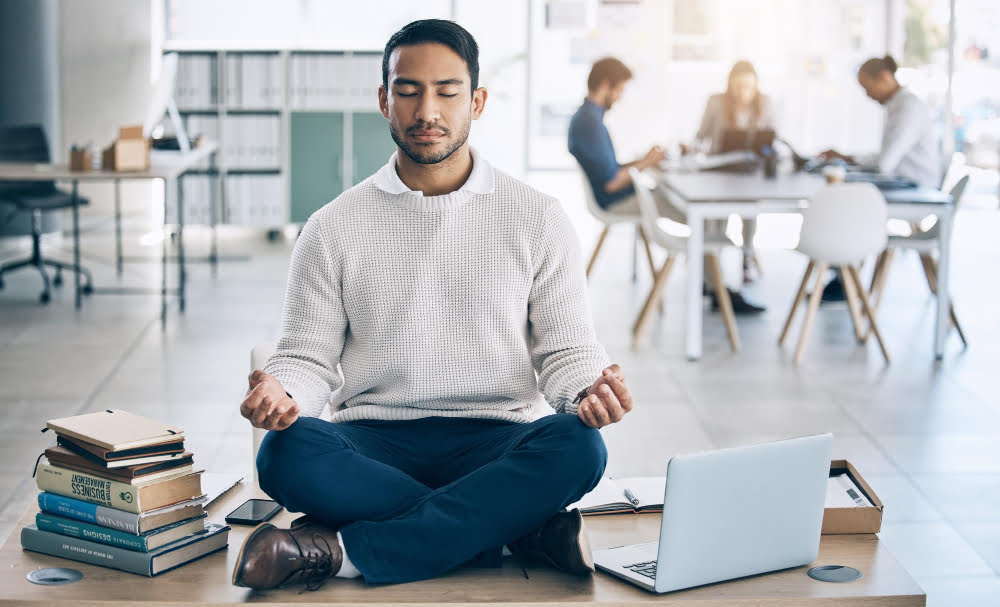
Embarking on your meditation journey requires minimal tools and resources, yet the value of these instruments is significant.
1. Quiet Space: Identify a tranquil location that can be free from disturbances. This space doesn’t need to be fancy; a simple peaceful corner in your home can serve the purpose.
2. Comfortable Seating: Whether it’s a cushion, floor mat, or a straight-backed chair, choose a seating arrangement that supports your body in maintaining a relaxed yet upright posture.
3. Guided Meditation Apps: As a beginner, you might find drawing focus challenging. Apps like Headspace or Calm provide guided sessions that can navigate you through your initial stages.
4. Timer: To avoid the worry of time, using a timer can help you focus completely on meditation with an assurance of a signal when it’s time to finish.
5. Books on Meditation: “Wherever You Go, There You Are” by Jon Kabat-Zinn and “The Miracle Of Mindfulness” by Thich Nhat Hanh are some examples of beginner-friendly books to deepen your understanding.
6. Patience and Willingness: Above all, equip yourself with a patient mind and a willing heart. Remember, the journey of meditation is more about consistency than intensity.
As a beginner in the world of meditation, these resources serve as stepping stones towards building a fulfilling practice that transcends the borders of a mere hobby.
Anecdotes About Embracing Meditation As a Hobby

Incorporating meditation as a hobby can lead to notable changes and improvements in various aspects of life. Taking into account real-life stories, people who have made meditation a part of their routine often speak of feeling more focused, calmer, and at ease in stressful situations. For instance, a busy manager found that a regular practice of just 15 minutes of morning meditation led to increased productivity and patience at work.
Another example is a college student who was overwhelmed with study anxiety. They integrated meditation into their daily routine and found that they could concentrate better, memorize more effectively, and felt less stressed overall.
In a more physical sense, a regular gym-goer used mindful meditation as a means to improve their execution of workout routines. They noted a marked improvement in their level of endurance and the quality of their exercise performance.
These are but a few examples of the transformative power that the hobby of meditation can have. It is a testament to how this enriching practice can positively influence various aspects of our everyday lives.
FAQ
Why meditation is a hobby?
Meditation qualifies as a hobby because it is an introspective activity people engage in during their free or spare time for enjoyment.
Can yoga and meditation be a hobby?
Yes, both yoga and meditation can be considered as hobbies if practiced regularly and enjoyed by the individual.
Is meditating a leisure activity?
Yes, meditating is considered a leisure activity as it is engaged in for relaxation and personal growth.
What is meditation considered?
Meditation is considered a mind-body complementary medicine that facilitates deep relaxation and tranquility by focusing attention and eliminating stressful thoughts.
How can one incorporate meditation into a hobby routine?
One can incorporate meditation into a hobby routine by dedicating a specific time before, during, or after the hobby for mindful practice, focusing on being fully present and observant of the actions involved in that hobby.
Can the practice of mindfulness influence hobby choices?
Yes, the practice of mindfulness can influence hobby choices as it encourages individuals to seek activities that promote tranquility, awareness, and presence in the moment.
What benefits does taking up meditation as a hobby provide?
Meditation as a hobby can lead to reductions in stress and anxiety, improved focus and mindfulness, enhancement of self-awareness, and can promote a healthier, more beneficial perspective on life.